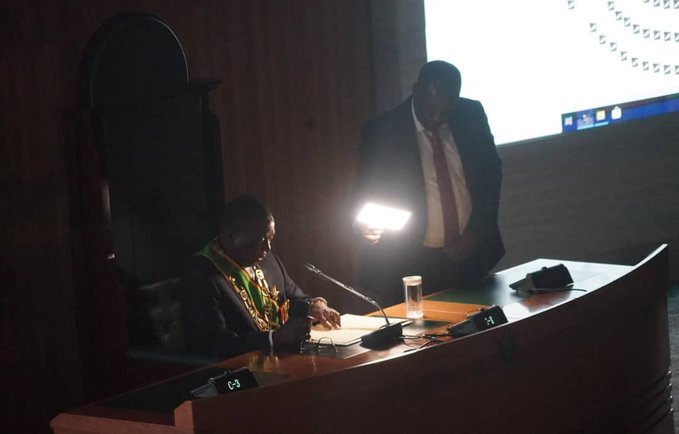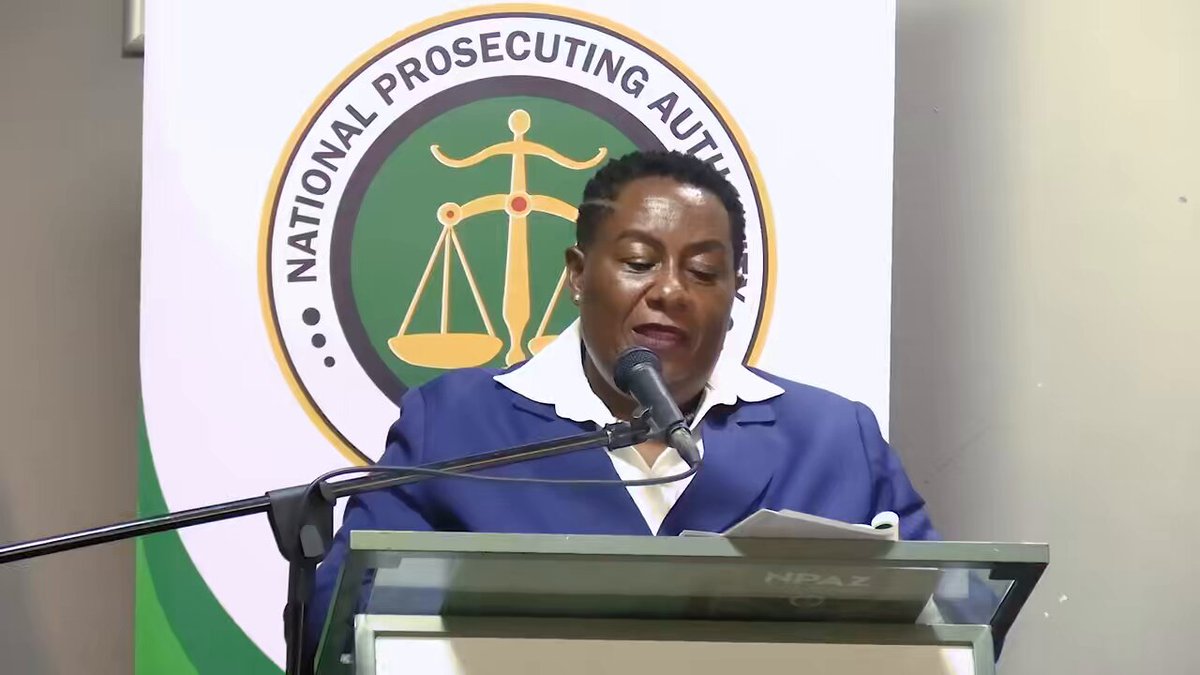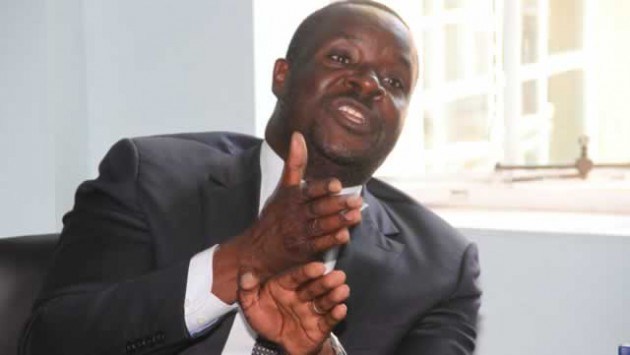Latest News
Top Story
 Parliament apologises to Mnangagwa
Parliament apologises to Mnangagwa The Parliament of Zimbabwe has issued a formal statement regarding the loss of power during President Emmerson Mnangagwa...
Top Story
 SA decry 'non-existent' Beitbridge border post security
SA decry 'non-existent' Beitbridge border post security In a stark assessment, the South African Joint Standing Committee on Defence (JSCOD) and the Portfolio Committee on Def...
Top Story
 Millions celebrate Diwali festival in India
Millions celebrate Diwali festival in India MILLIONS of Indians are celebrating Diwali, the festival of lights, one of Hinduism's most significant and widely obser...
Top Story
 Zimbabwe's dollar stock exchange surges 45%
Zimbabwe's dollar stock exchange surges 45% Zimbabwe's dollar-only stock market is riding a wave of gains, powered by gold miners cashing in on a 48% jump in the p...
Top Story
 Gold edges up as traders await guidance
Gold edges up as traders await guidance Gold edged higher as traders weighed the outlook for US monetary policy ahead of a key speech by Federal Reserve Chair J...
Top Story
 Karo Platinum Project capex rises to US$546m
Karo Platinum Project capex rises to US$546m The Karo Platinum Project's capital expenditure (capex) has increased by 6.45% to US$546 million, driven by higher cost...
Top Story
 Young Investment Professional (YIP) Graduate Programme 2019
Young Investment Professional (YIP) Graduate Programme 2019 Company Name Investec Asset Management Company Location Cape Town, Western Cape, South Africa Click HEREJob descriptionO...











 Young Investment Professional (YIP) Graduate Programme 2019
Young Investment Professional (YIP) Graduate Programme 2019
Editor's Pick